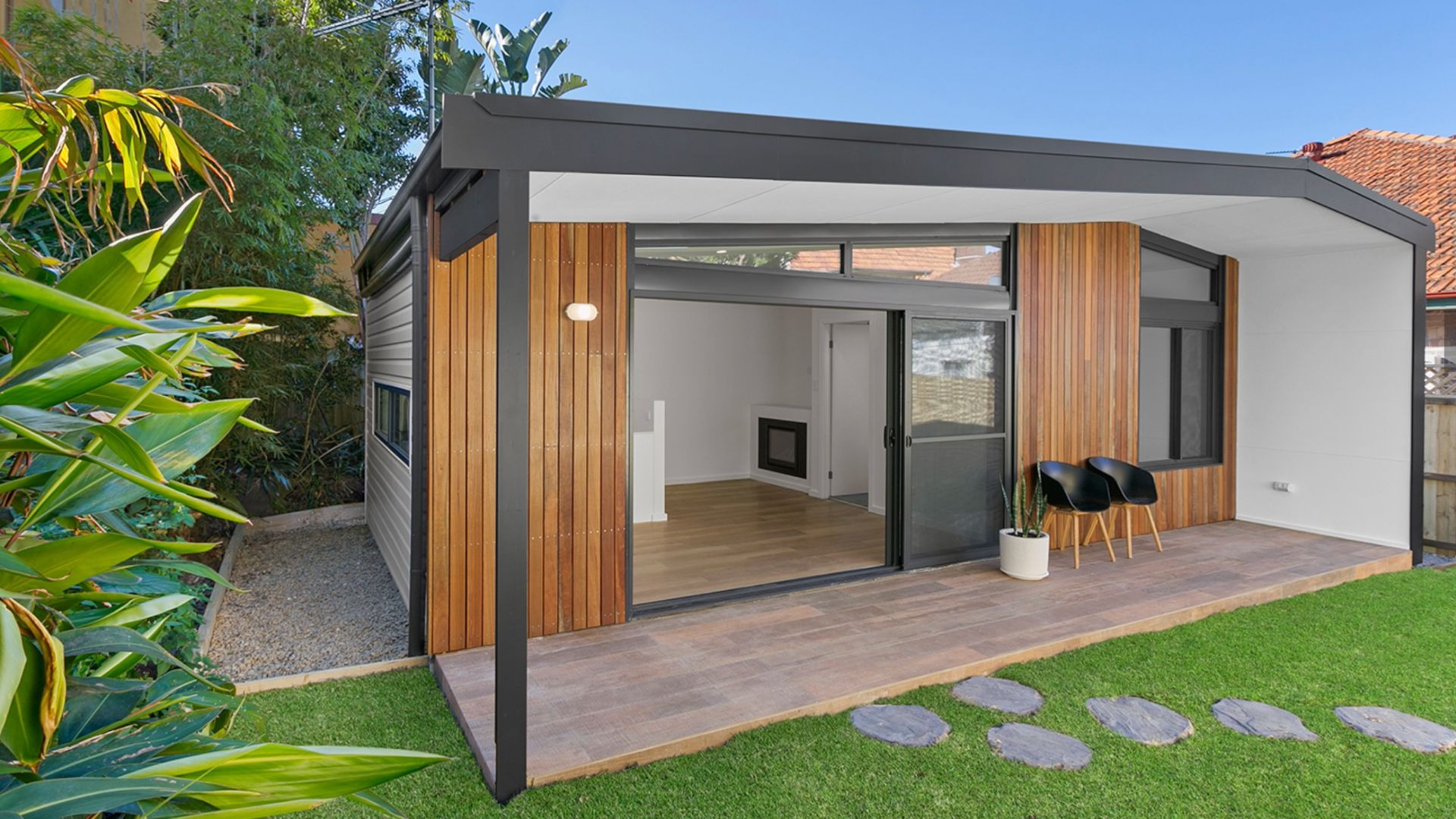Key Things to Consider Before Hiring a Builder for Granny Flats

Building a granny flat is one of the most practical ways to add value, space, and functionality to your property. Whether you want a home for aging parents, a rental investment, or extra space for grown-up children, choosing the right builder is crucial. A granny flat is more than just an extension; it’s a long-term addition to your property that requires careful planning, skilled workmanship, and attention to detail.
With so many builders offering their services, how do you decide who is the right fit? The answer lies in doing your research and understanding what separates an average builder from a highly professional one. This article will guide you through the key things to consider before hiring a builder for granny flats so you can make an informed decision.
1. Check the Builder’s Experience with Granny Flat Homes
Not every builder specialises in granny flats. Some may primarily construct large residential houses and treat granny flats as a side project. This can affect the design, efficiency, and even the cost.
When researching, look for a builder who focuses specifically on granny flat homes. A specialist will understand council requirements, site restrictions, and design features that maximise small-space living without compromising comfort.
Key questions to ask:
- How many granny flats have you built in the past?
- Can I see examples of your completed projects?
- Do you have customer testimonials specific to granny flats?
An experienced builder brings not only technical knowledge but also creative solutions to make the most of limited space.
2. Understand the Builder’s Design Flexibility
Granny flats should not be one-size-fits-all. Every homeowner has unique needs, whether it’s a two-bedroom layout, accessibility features, or a custom kitchen. The best builders will provide flexible options instead of pushing you towards pre-set designs.
Things to look for:
- Ability to customise floor plans
- Range of finishes and fittings
- Options for energy efficiency and sustainability
- Consideration of lifestyle needs (e.g., home office, guest suite, or rental setup)
If a builder is unwilling to adapt their designs, you may end up with a granny flat that doesn’t suit your family’s requirements or long-term goals.
3. Verify Licensing, Insurance, and Compliance
Any reputable builder must hold the appropriate licences and insurances. This ensures they are legally qualified to complete the work and that you are protected in case of issues.
Documents you should request:
- Builder’s licence number
- Proof of public liability insurance
- Home warranty insurance (where applicable)
- Compliance with local council approvals and building codes
Failing to check these can put you at risk of legal or financial complications later. A professional builder will be transparent and provide this documentation without hesitation.
4. Assess the Quality of Materials and Workmanship
The longevity of your granny flat depends heavily on the materials used and the builder’s workmanship. Cheaper materials might save you money upfront, but they can lead to costly repairs down the track.
Red flags to watch for:
- Vague descriptions of materials
- Refusal to specify suppliers
- Lack of warranty on fixtures and fittings
A high-quality builder will openly discuss the brands, suppliers, and warranties associated with their materials. They’ll also invite you to inspect ongoing projects so you can see their standards first-hand.
5. Compare Quotes Carefully
It can be tempting to choose the cheapest quote, but in construction, “cheap” often means cutting corners. Instead of focusing solely on price, compare quotes for inclusions, materials, and scope of work.
When comparing quotes:
- Look for itemised breakdowns (not vague lump sums)
- Check whether site costs are included
- Ensure landscaping, driveways, or service connections are covered
- Ask about additional charges for variations or changes
Remember, a slightly higher upfront investment in the right builder can save you from costly mistakes later.
6. Communication and Transparency
A smooth building experience depends on clear, honest communication. From the very first consultation, assess how the builder communicates with you. Do they listen to your concerns, explain the process clearly, and respond promptly to questions?
Warning signs of poor communication:
- Delayed responses to calls or emails
- Vague answers to direct questions
- Lack of written documentation for agreements
The builder you choose should make you feel confident, supported, and informed at every stage of the project.
7. Timeline and Project Management
Delays are common in construction, but a professional builder will manage timelines effectively and keep you updated. When discussing your granny flat project, ask for a realistic schedule.
Important timeline details to confirm:
- Estimated start and finish dates
- Approval and permit timelines
- Key milestones (foundation, framing, roofing, handover)
- How delays will be communicated and managed
A well-organised builder will have clear systems in place to keep your project on track.
8. Aftercare and Warranty Services
The relationship with your builder doesn’t end at handover. Reliable builders offer aftercare services and warranties to give you peace of mind.
Ask about:
- Structural warranties (often 6 years or more)
- Defect liability periods (covering issues discovered after handover)
- Maintenance advice and ongoing support
Builders who stand behind their work are confident in the quality of their construction.
9. Consider the Builder’s Reputation
Word-of-mouth and online reviews are powerful indicators of a builder’s reliability. Search for reviews on Google, independent forums, and social media platforms.
In addition, ask for references directly from the builder. Speaking with past clients can reveal valuable insights about punctuality, professionalism, and overall satisfaction.
10. Think About Long-Term Value
Finally, don’t just focus on the immediate cost. Consider how the granny flat will serve you long-term. A well-designed and properly built granny flat can:
- Increase your property value
- Generate rental income
- Provide flexible living arrangements for family members
Choosing a builder who understands this long-term perspective ensures your investment continues to pay off well into the future.
Final Thoughts
Hiring the right builder for your granny flat is one of the most important decisions you’ll make. By checking experience, licensing, design flexibility, communication, and reputation, you’ll be able to identify a professional who can bring your vision to life.
Remember, a granny flat is not just a building – it’s an investment in your property’s value and your family’s future. With the right builder by your side, you can enjoy the benefits of a well-designed, comfortable, and durable space for years to come.
If you’re considering building granny flat homes, take your time, ask the right questions, and make sure the builder you choose aligns with your goals. Quality, transparency, and trust are the cornerstones of a successful project.




